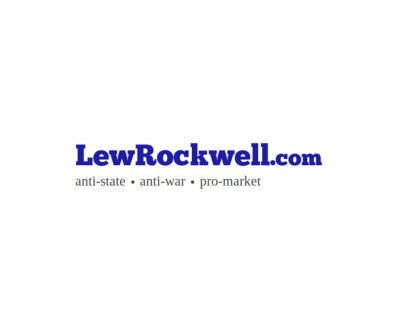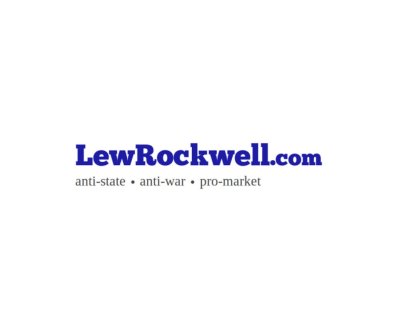America Has Plenty of Experience With Government-Run Stores, and It Isn’t Pretty
In the recently concluded Democratic primary for New York City mayor, state Assemblymember Zohran Mamdani emerged victorious, beating out former Gov. Andrew Cuomo, among others, for the nomination.
One proposal that galvanized both supporters and opponents was Mamdani’s plan to open five city-owned grocery stores—one in each borough. In a campaign video, he called the stores a “public option” like in health care; he said they would not pay rent or property taxes, they would “operate without a profit motive,” and their “mission [would be] lower prices, not price gouging.” (As of January 2025, the grocery industry’s average net profit margin was under 2 percent.)
Some have come to Mamdani’s defense, saying city-owned grocery stores are not as radical as they sound—in fact, some states already have them, without becoming socialist hellscapes. Some have compared this plan to states that control liquor sales. But in each case, the comparison is unflattering to Mamdani’s proposal.
“5 city owned grocery stores is not that much,” progressive commentator Zaid Jilani wrote on X. “Kansas and Florida have cities with city-owned grocery stores.”
Jilani’s examples are underwhelming: The city council in Erie, Kansas, purchased the city’s only grocery store in 2020 rather than let it close. The city operated the Erie Market for years but at a loss: Erie’s mayor said the average customer needed to spend $50 per month for the store to stay afloat, but the actual monthly expenditure was closer to $14. Last year, Erie leased out the store to be run by a private company.
The town of Little River, Kansas, also has a city-owned grocery store, though the town only owns the building and its refrigeration system; the store itself is privately owned and operated.
Baldwin, Florida, opened a fully government-owned grocery store in 2019 after the town’s only grocer closed the previous year. The town already owned the site, having purchased the lot and funded the building’s construction a decade earlier in an attempt to woo a grocer to town.
“We’re not trying to make a profit,” Mayor Sean Lynch, a Republican, told The Washington Post when Baldwin Market opened. “We’re trying to cover our expenses, and keep the store running.”
The store closed in 2024 after being in business for less than five years. “The town-run store,” The Florida Times-Union wrote at the time, “has struggled for years…to reach the break-even point.”
Citing Lynch, researchers at Vanderbilt University found, “that the lack of ‘buying power’ harms local grocery stores as they compete for customers with Wal-Mart and other big-box grocers, who can offer much lower prices. Even with only needing to break even, Baldwin Market still feels the pressure from these grocers. While these big-box grocers must also balance profits, they can lower their costs for consu
Article from Reason.com

The Reason Magazine website is a go-to destination for libertarians seeking cogent analysis, investigative reporting, and thought-provoking commentary. Championing the principles of individual freedom, limited government, and free markets, the site offers a diverse range of articles, videos, and podcasts that challenge conventional wisdom and advocate for libertarian solutions. Whether you’re interested in politics, culture, or technology, Reason provides a unique lens that prioritizes liberty and rational discourse. It’s an essential resource for those who value critical thinking and nuanced debate in the pursuit of a freer society.




